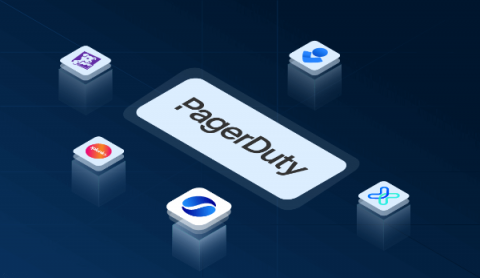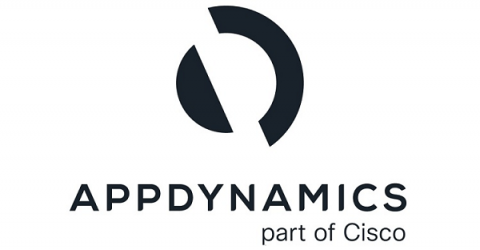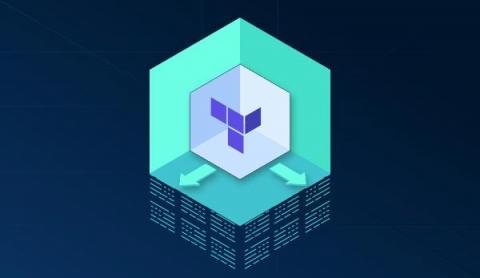Exploring PagerDuty Alternatives for Incident Response
Incident response refers to effectively responding to infrastructure issues and resolving them in the shortest time frame possible. Due to several loss-inducing high-profile outages over the last few years, organizations have sought to create rigorous processes with specialized tools to resolve incidents quickly and learn from their failures. As one of the first platforms to enter the incident response space, PagerDuty is a dominant player, but over the years, competing platforms have begun carving out their own niche in the incident response space.











